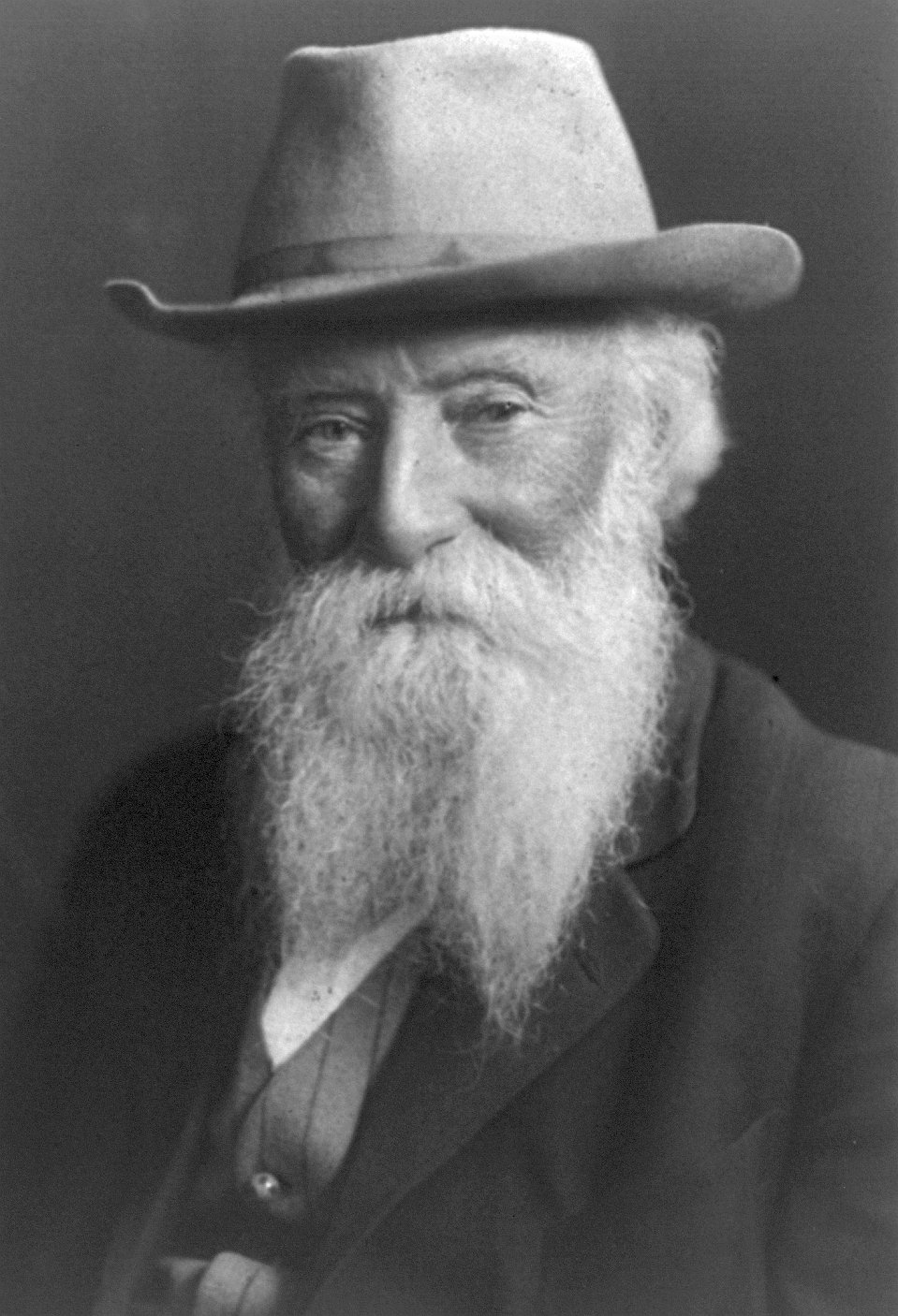“A man can fail many times, but he isn't a failure until he begins to blame somebody else.”
Variante: You can get discouraged many times, but you are not a failure until you begin to blame somebody else and stop trying.
John Burroughs, né dans le comté de Delaware le 3 avril 1837 et mort en Californie le 29 mars 1921 , est un naturaliste et essayiste américain important dans l'évolution du mouvement de conservation américain.
Selon les biographes de l'American Memory à la Bibliothèque du Congrès, John Burroughs fut l'auteur le plus important après Henry David Thoreau dans un genre littéraire particulièrement américain, l'essai sur le thème de la nature. Au début du XXe siècle, à une époque où l'amour pour la nature et le mouvement de conservation américains étaient en plein essor, il était déjà devenu une véritable institution : « The Grand Old Man of Nature » . Son extraordinaire popularité fut soutenue par un flux continu de recueils d'essais, débutant avec Wake-Robin en 1871. Selon le biographe Edward Renehan, le profil de Burroughs était moins celui d'un scientifique naturaliste que celui d'un « naturaliste littéraire dont le devoir est de rapporter sa perception du monde naturel ». Il en résulta une œuvre parfaitement en phase avec les changements culturels de l'époque, ce qui explique peut-être à la fois sa popularité d'alors et sa relative obscurité depuis.
Wikipedia

“A man can fail many times, but he isn't a failure until he begins to blame somebody else.”
Variante: You can get discouraged many times, but you are not a failure until you begin to blame somebody else and stop trying.
Source: Studies in Nature and Literature
Source: The Light of Day (1900), Ch. VII: The Modern Skeptic
Source: The Light of Day (1900), Ch. III: Science and Theology
Source: The Light of Day (1900), Ch. XI: Points of View
Source: The Light of Day (1900), Ch. III: Science and Theology
Source: The Light of Day (1900), Ch. XII: God and Nature
Leaf and Tendril (1908)
Source: The Light of Day (1900), Ch. IV: Natural Versus Supernatural
Source: The Light of Day (1900), Ch. II: From the Artificial to the Natural
Preface
The Light of Day (1900)
“Every day is a Sabbath to me. All pure water is holy water, and this earth is a celestial abode.”
Source: Accepting the Universe (1920), p.263
Source: The Light of Day (1900), Ch. III: Science and Theology
Source: The Light of Day (1900), Ch. IV: Natural Versus Supernatural
Source: The Light of Day (1900), Ch. IV: Natural Versus Supernatural
“The truths of naturalism do not satisfy the moral and religious nature.”
Source: Accepting the Universe (1920), p.301
“…the Kingdom of Heaven is not a place, but a state of mind.”
Source: The Light of Day (1900), Ch. III: Science and Theology